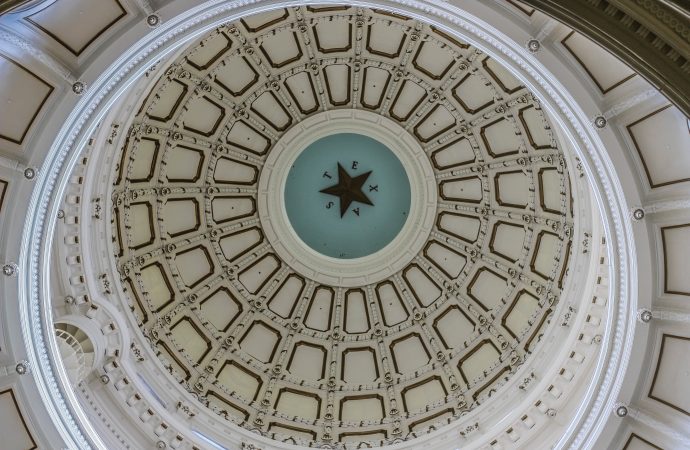In any democratic society, transparency and accountability are essential for ensuring that public officials act in the best interests of the people they serve. But who holds these officials accountable? And what happens when those responsible for oversight fail to do their jobs? Recent scandals involving elected officials and government agencies have raised serious concerns
In any democratic society, transparency and accountability are essential for ensuring that public officials act in the best interests of the people they serve. But who holds these officials accountable? And what happens when those responsible for oversight fail to do their jobs?
Recent scandals involving elected officials and government agencies have raised serious concerns about the effectiveness of existing mechanisms for ensuring accountability. From conflicts of interest and unethical behavior to abuse of power and outright corruption, there are many ways in which public officials can betray the trust of the people they serve.
So, who’s watching the watchdogs?
One important answer to this question is the media. Investigative journalists play a critical role in uncovering wrongdoing and exposing abuses of power by public officials. Through careful research and thorough reporting, they can shine a light on unethical behavior and hold those responsible to account.
But the media can only do so much. In many cases, they rely on whistleblowers and other sources to provide them with information about wrongdoing. And even when they do uncover evidence of misconduct, they may face resistance from those in power who seek to cover up their misdeeds.
This is why it’s essential to have independent oversight bodies that can investigate allegations of misconduct and hold public officials accountable. These bodies can take many forms, from independent commissions and ombudsmen to inspector generals and auditors.
In the United States, for example, there are a number of federal agencies responsible for overseeing different aspects of government activity. The Government Accountability Office (GAO) is an independent, nonpartisan agency that investigates how the federal government spends taxpayer dollars. The Office of the Inspector General (OIG) is responsible for investigating allegations of misconduct within federal agencies. And the Office of Special Counsel (OSC) investigates allegations of prohibited personnel practices, such as retaliation against whistleblowers.
At the state and local level, there are similar oversight bodies that play a critical role in ensuring accountability. In some cases, these bodies are

















Leave a Comment
Your email address will not be published. Required fields are marked with *